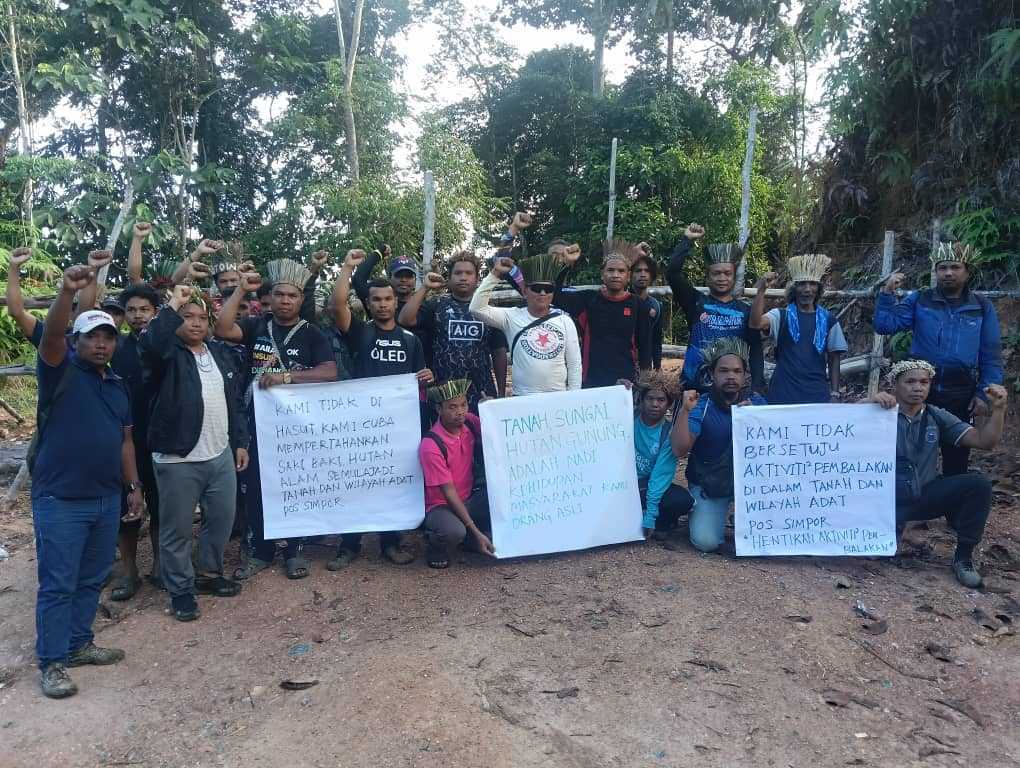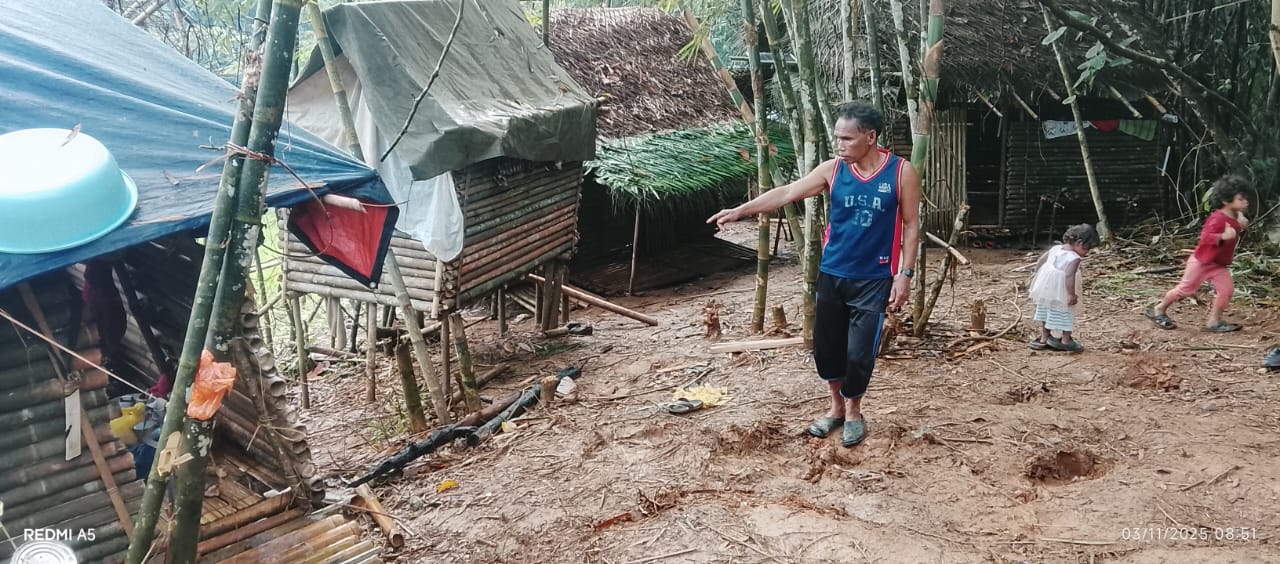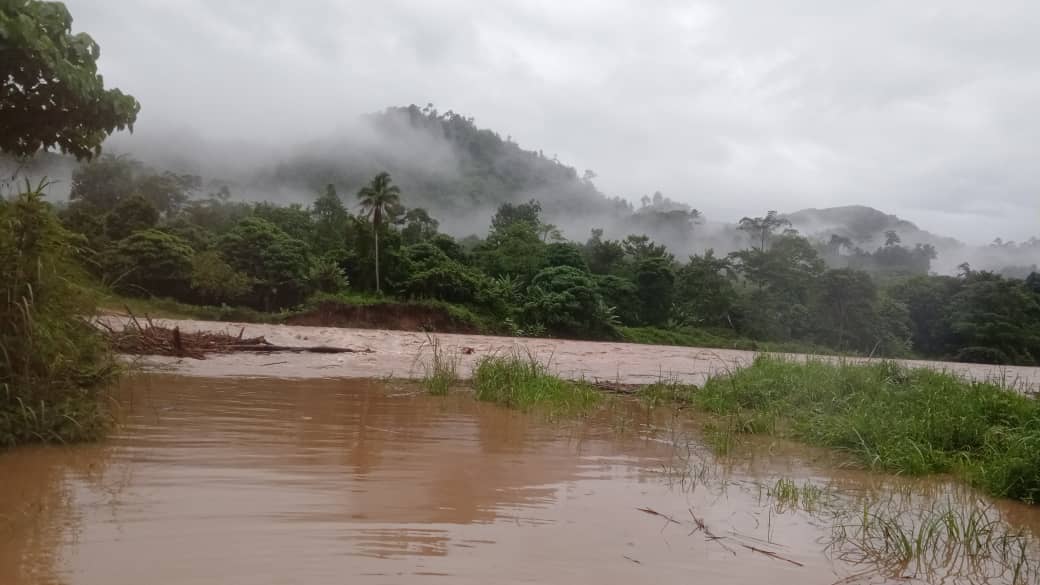Kuala Lumpur – Sustainability-focused measures announced by the Malaysian government for Budget 2026 are a welcome inclusion, however the environmental and climate agenda continues to rely heavily on infrastructure-based solutions instead of systemic, nature-based, and people-centered approaches. While the budget presents steps toward a greener economy, the absence of a clear timeline for fossil fuel phase-out, comprehensive climate adaptation, and stronger biodiversity protection is a mark that implementation gaps persist.
Energy transition: Mixed signals in Malaysia’s green ambition
The government’s recognition of renewable energy as a key pillar of Malaysia’s economic future under Budget 2026 is notable, particularly initiatives in the ASEAN Power Grid and the Vietnam–Malaysia–Singapore renewable energy collaboration. These regional efforts show Malaysia’s intent to position itself as a clean energy hub in Southeast Asia.
However, despite some promising developments, Malaysia’s energy transition narrative remains fragmented and overly reliant on large-scale, infrastructure-heavy projects like their focus on Large-Scale Solar (LSS) farms [1] which risks sidelining the need for decentralised renewable systems that empower communities, enhance resilience, and ensure equitable access to clean energy.
Equally concerning is the RM4.2 billion foreign direct investment (FDI) in data centre development, which poses significant challenges in terms of energy and water consumption. Such projects, while potentially beneficial to the digital economy, demand enormous electricity and cooling resources that could strain local communities and ecosystems. Without corresponding investments in energy efficiency, modernising the national grid, and strengthening equitable access to renewable technologies, these efforts may prioritise economic growth over environmental and social well-being.
Moreover, nuclear energy is reportedly being considered as part of the future energy mix even though it should not be included in Malaysia’s energy transition pathway or used to compensate for data centre energy demands, as it remains a dangerous, dirty, and expensive option that exacerbates water consumption burdens through its intensive cooling requirements.
However, the absence of Carbon Capture and Storage (CCS) in this year’s budget speech, a departure from previous years where it featured prominently, is a positive move as CCS remains an unproven and costly ‘false solution’ that diverts attention and resources from genuine renewable energy transitions. But it begs the question of what are the government’s intentions with CCS moving forward? Without comprehensive upgrades, Malaysia risks building clean energy capacity that cannot be efficiently distributed across the country.
Overall, while Budget 2026 signals stronger green investment intent, Malaysia’s pathway to a just and credible energy transition remains incomplete. True leadership will require a clear fossil fuel phase-out timeline, robust regulatory frameworks for renewable integration, and public-centered energy solutions that align with Malaysia’s Nationally Determined Contributions (NDC) 2030.
Flood mitigation and climate resilience: Still a reactive approach
The Malaysian government has allocated RM2.2 billion [3] for several infrastructure-focused initiatives to address floods and landslides, such as river rehabilitation projects in Kuala Lumpur and Labuan, flood mitigation efforts like RTB Sungai Buloh (Selangor), and the development of eco-drainage systems in Kedah and Kelantan. While these are necessary to protect communities from recurring disasters, the government’s strategy continues to prioritise structural interventions over comprehensive climate adaptation and prevention.
Citing the recent Penampang landslide incident, the government emphasised disaster resilience, yet stopped short of introducing a clear framework for nature-based climate solutions (NbS), forest restoration, or measurable carbon reduction targets. Greenpeace Malaysia stresses that Malaysia’s flood and landslide problems are symptoms of deforestation, poor land-use planning, and unchecked development. These issues demand proactive, ecosystem-based interventions rather than reactive engineering projects.
State-level development: Environmental and social safeguards undefined
Budget 2026 allocates substantial funding for state-level mega infrastructure projects [6] such as the Pan Borneo Expressway, Trans Borneo Highway, Kalabakan – Simanggaris Road (Sabah – Indonesia border), and Labuan Waterfront development. While these projects may stimulate regional growth, their ecological and social costs cannot be overlooked.
Greenpeace Malaysia is deeply concerned about the absence of clear commitments to Environmental Impact Assessments (EIA) and Free, Prior and Informed Consent (FPIC) for affected Indigenous Peoples and Local Communities (IPLC). Development without environmental and social safeguards risks perpetuating deforestation, displacement, and biodiversity loss, particularly in ecologically sensitive areas of Sabah and Sarawak.
Forests and biodiversity: Positive allocations, persistent gaps
The government’s decision to increase the Ecological Fiscal Transfer (EFT) allocation from RM200 million in 2025 to RM250 million in 2026 [4], signals continued support for state-level biodiversity conservation. The RM80 million allocation for 2,500 community forest rangers to protect Malaysia’s forests and wildlife is also a continuation of the previous year’s commitment.
However, the unchanged amount suggests stagnation in ramping up enforcement and protection efforts, particularly amid ongoing threats of land conversion, illegal logging, and poaching. Transparency and accountability remain critical. The government must ensure that biodiversity funding and EFT allocations are not repurposed for carbon offsetting schemes, as this undermines the true purpose of conservation.
Eco-Tourism and geotourism: Balancing growth with conservation
Preservation efforts should not stop at internationally recognised conservation efforts such as UNESCO World Heritage Sites [5]. Malaysia’s ecological integrity depends on safeguarding all natural ecosystems, especially in forest corridors connecting protected areas.
Additionally, the government’s promotion of eco-tourism and geotourism through investments in Kilim Geoforest Park and Langkawi UNESCO Global Geopark presents opportunities for sustainable, nature-based economic growth. Nevertheless, without proper regulation, these developments risk transforming protected ecosystems into tourist commodities. To ensure genuine sustainability, tourism strategies must prioritise carrying capacity limits, local community benefit-sharing, and ecosystem protection above profit-driven expansion.
Laying the groundwork for a greener Malaysia, but implementation is key.
While Budget 2026 signals a growing recognition of environmental and energy issues, the government’s response to the climate crisis remains cautious and fragmented. Investments in renewable energy, river rehabilitation, and ecological fiscal transfers mark progress, yet Malaysia continues to fall short of a bold, systemic climate vision.
There is still no clear plan to phase out fossil fuels, modernise the national grid, or strengthen community-led climate adaptation. Without concrete timelines, measurable targets, and accountability mechanisms, these initiatives risk remaining as short-term fixes rather than transformative solutions.
Notes:
[1]https://www.businesstoday.com.my/2025/10/10/solarvest-welcomes-belanjawan-rakyat-2026s-strong-policy-continuity-and-accelerated-energy-transition-agenda/
[2]https://themalaysianreserve.com/2025/10/10/malaysia-to-focus-on-asean-power-grid-to-strengthen-regional-connectivity/
[3] https://bernama.com/en/general/news.php?id=2477157
[4]https://www.thevibes.com/articles/news/113848/budget-2026-rm3-billion-allocated-for-disaster-preparedness-and-environmental-protection
[5]https://www.thevibes.com/articles/news/113842/malaysia-targets-tourism-and-heritage-revival-in-budget-2026
[6]https://themalaysianreserve.com/2025/10/11/budget-2026-balances-national-priorities-and-state-development/



